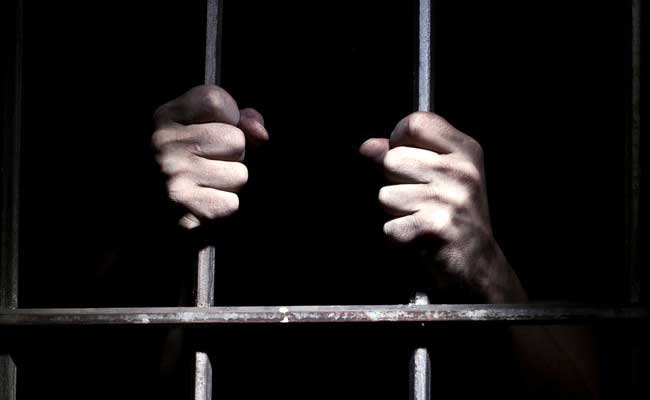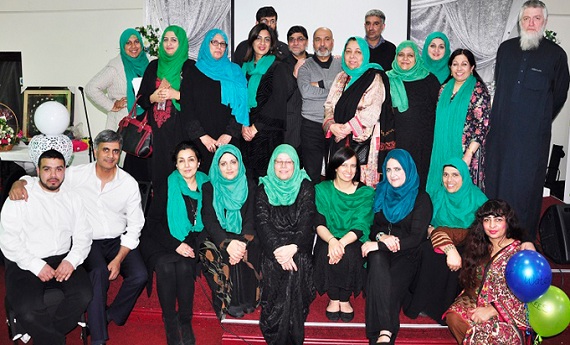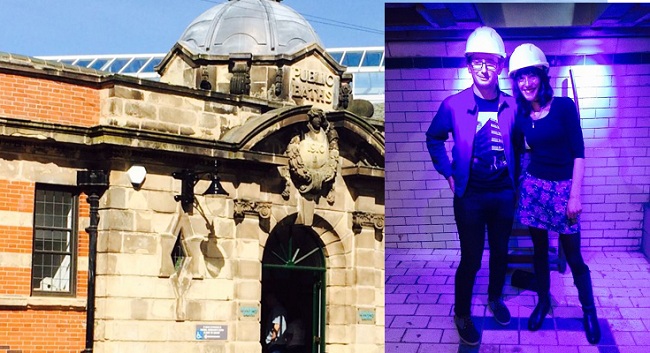Two Prisoners Die From Coronavirus – Empty all Prisons, Redevelop the Land for the Benefit of Local Communities

Edwin Hillier, aged 84 an inmate at HMP Littlehey – died in hospital on Sunday. A second serving UK prisoner, a 66-year-old male inmate at HMP Manchester, died in hospital on Thursday after contracting coronavirus.
As of 8:00 am today Friday 27th March, there were still 83,179 prisoners, 79,548 men and 3,641 women and 137 foreign nationals, who have served their sentence and kept in prison, until their deportation.
We have heard the news of the first two prisoners to die after testing positive for coronavirus. It was sadly not unexpected.
Prisons provide the perfect environment for contagious diseases to wreak havoc. They are crowded, cramped, unsanitary institutions with inadequate healthcare provision for a population already in poor health. On top of that, in Britain we have an ageing custodial population, with many prisoners now in the age groups at greatest risk of complications from coronavirus.
Many more prisoners will become seriously ill with Covid-19. Some will die.
The safest thing to do now is embark on an ambitious programme of decarceration across the prison estate. Prisoners with underlying health conditions, elderly prisoners, and pregnant women should be the first to be released, followed by all women prisoners and those who pose no public safety risk. Some countries have already released many prisoners as a precaution.
This task won’t be as straightforward as simply letting prisoners out. Even without a deadly pandemic, there are many complicated issues that need to be thought through. A very large proportion of prisoners won’t have a home to go to. Very many will have no income. Most will have mental health, drug or alcohol support needs. Prisoners also have an elevated risk of death upon release.
It would be much easier to mitigate these problems if governments hadn’t spent the last decade de-funding and hollowing out various kinds of state support, an issue the coronavirus pandemic is bringing into sharp relief as it puts unmanageable pressures on an already strained National Health Service.
And when we bring the virus under control, we should insist that things do not go back to business as usual. Prisons should not be filled back up with people who experience most acutely the social problems governments don’t want to solve. Our communities should not be left without the support and resources they need.
Once we’ve emptied prisons of the groups outlined above to prevent the spread of the coronavirus, the vacant prisons should close, and the sites be redeveloped for the benefit of the people who live around them. For starters, in place of some prisons, we could build hospitals to address the short-falls in healthcare services which existed even before the pandemic. Genuinely affordable housing, good employment opportunities, support services, and public green spaces could all be provided on these sites, rather than the public health hazards that currently occupy them. There is always a better use for a piece of land than as a place for a prison.
Source: Matt Ford, Centre for Crime and Justice Studies, https://www.crimeandjustice.





